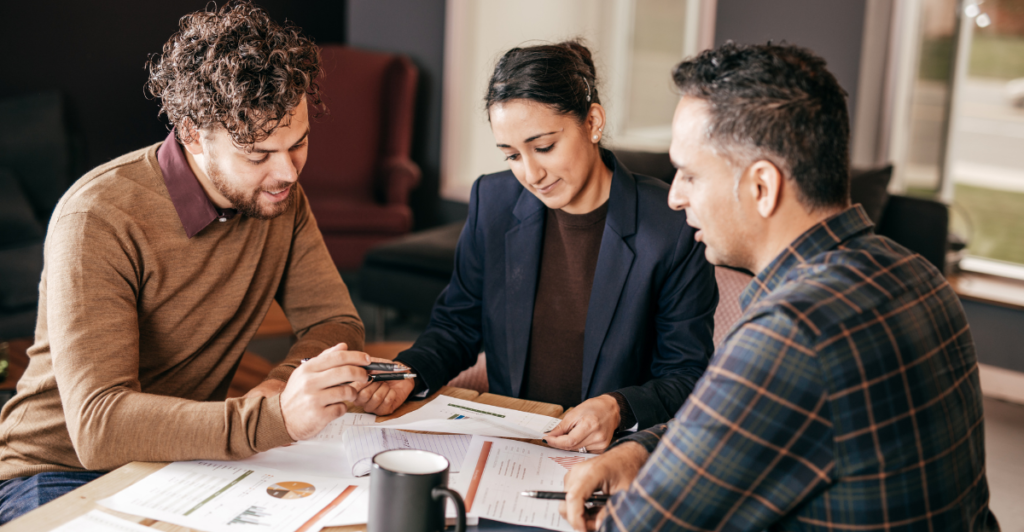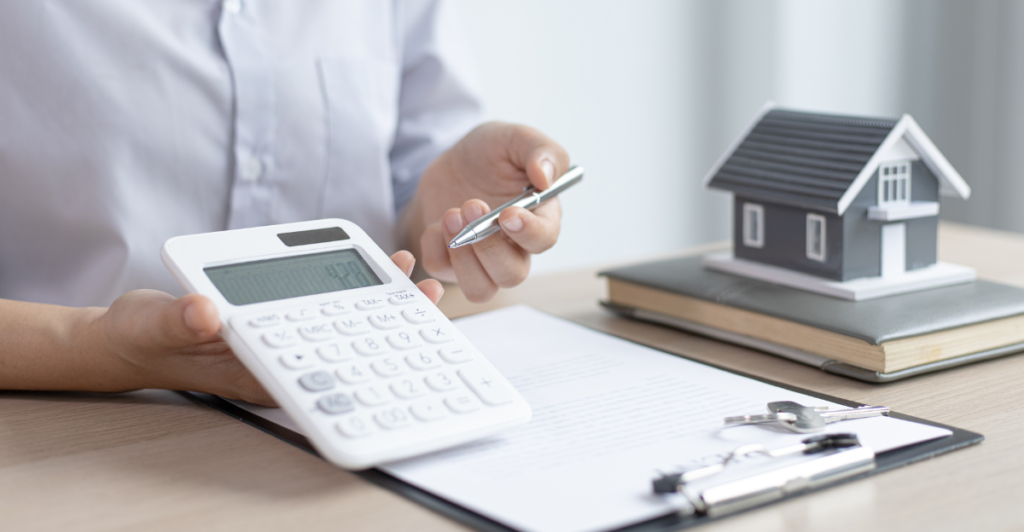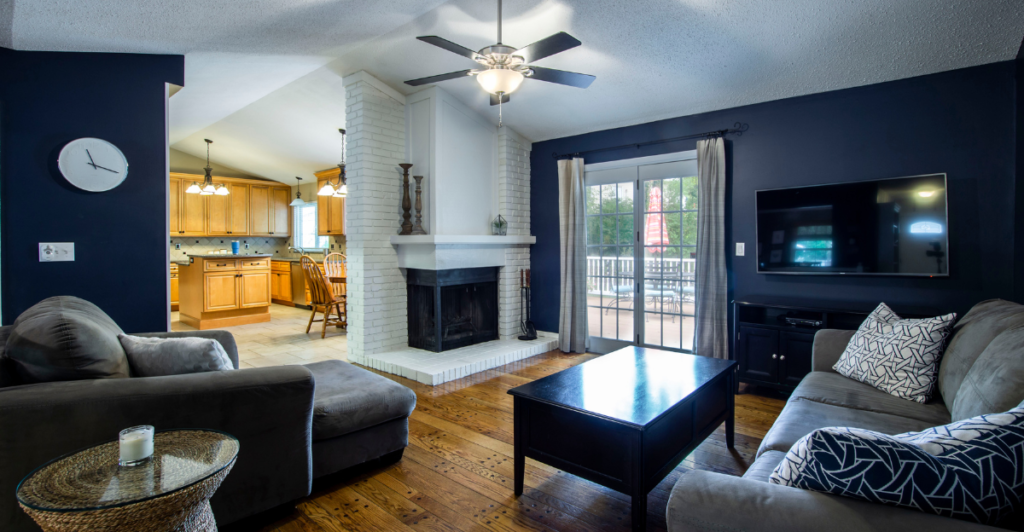Thinking About a Second Mortgage? Here’s What You Need to Know First

Buying your first home with a mortgage is a major milestone—but taking on a second one is a whole different challenge. Whether you’re upgrading, downsizing, or investing, managing two mortgages at once can be both exciting and financially tricky. While a second mortgage offers advantages, it also comes with risks that could strain your budget. Before diving in, here’s what you need to know to make a smart and stress-free decision.
The Double Mortgage Dilemma—Why It’s a Big Decision

A second mortgage isn’t just another bill—it’s a high-stakes financial move. Whether you’re buying before selling, investing in a second home, or leveraging home equity, the risks can be steep. Carrying two mortgages means double the financial responsibility, market risks, and potential delays in selling your first home. While it can provide flexibility and investment opportunities, the key is preparation. You’ll need a solid financial plan, a clear understanding of the housing market, and a backup strategy in case things don’t go as expected. Banks may approve you for both loans, but affordability depends on your personal financial cushion. If you underestimate the burden, you could find yourself overwhelmed with debt. Before committing, consider all potential scenarios—rising interest rates, unexpected job loss, or a sluggish market. Taking on a second mortgage isn’t just about qualifying—it’s about long-term sustainability and smart planning.
Can You Handle the Financial Strain?

Lenders may approve you for a second mortgage, but that doesn’t mean it’s financially wise. Carrying two loans means handling double mortgage payments, taxes, insurance, and maintenance costs. If you’re planning to sell your first home, what if the sale takes longer than expected? Will you have enough cash reserves to sustain both? Factor in every possible delay before committing.
Timing is Everything—Market Conditions Matter

A strong sellers’ market means your first home could sell quickly, easing the burden. But in a buyers’ market, delays can be costly. Interest rates, housing demand, and local economic conditions all impact your ability to juggle two mortgages. Research current trends and forecast potential risks before taking the leap.
The Perks—Why a Second Mortgage Can Work in Your Favor

Despite the risks, a second mortgage has its advantages. Buying before selling means you can take your time moving and stage your home for a better sale price. If your new home needs renovations, you can get work done before moving in. Plus, the right mortgage plan can help minimize financial strain.
The Risks of Buying Before Selling

Buying a new home before selling your current one can lead to financial headaches. If your old home doesn’t sell as fast as expected, you could end up paying two mortgages for months. Additionally, your debt-to-income ratio may limit how much you qualify for on your second home loan.
Bridge Loans—A Possible Solution?

Some lenders offer bridge loans to help buyers tap into their home equity for a down payment on a second home. This can ease cash flow issues but comes with interest costs and risks. If your home doesn’t sell quickly, you could be stuck with an expensive short-term loan.
Mortgage Approval Challenges—Qualifying Isn’t Always Easy

Just because you got your first mortgage doesn’t mean qualifying for a second will be the same. Your debt-to-income ratio, existing financial obligations, and credit score all impact approval. Some loans, like FHA, don’t allow borrowers to carry two at once, limiting your options.
The Budget Breakdown—How Long Can You Sustain Two Mortgages?

Experts suggest calculating how long you can realistically afford to carry both mortgages. Can your income support six months? A year? Understanding this timeframe helps you gauge your financial risk and determine whether taking on a second mortgage is sustainable.
Selling a Vacant Home Can Work in Your Favor

Having an empty home makes staging and showings easier, potentially leading to a faster sale at a better price. Buyers can visualize themselves in the space without clutter, making it more appealing. This can be a strategic advantage if you can afford to carry two mortgages temporarily.
Preparing for the Worst—A Backup Plan is Essential

Hope for a quick sale but plan for delays. Market downturns, construction issues, or financing hiccups can all disrupt your timeline. Be ready with extra savings, contingency plans, or even a rental strategy if you need to hold onto your first home longer than expected.
Weighing Long-Term Benefits vs. Short-Term Risks

Before taking on a second mortgage, ask yourself: Is this a long-term gain or a short-term financial strain? Moving for a better job or investment opportunity may justify the risks. But if your need is marginal, waiting or exploring other financing options might be the smarter move.
Sources:
Guide to Buying a Second Home
Here are our second home mortgage options


